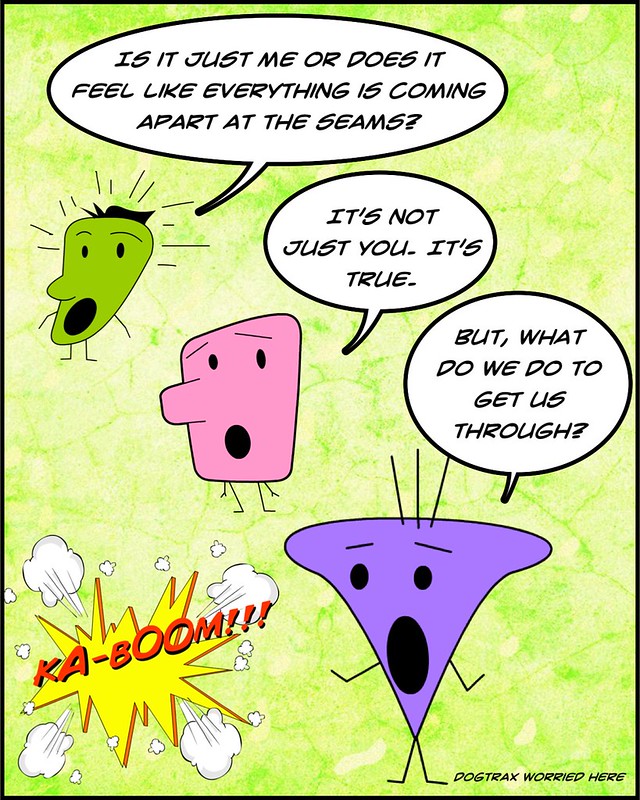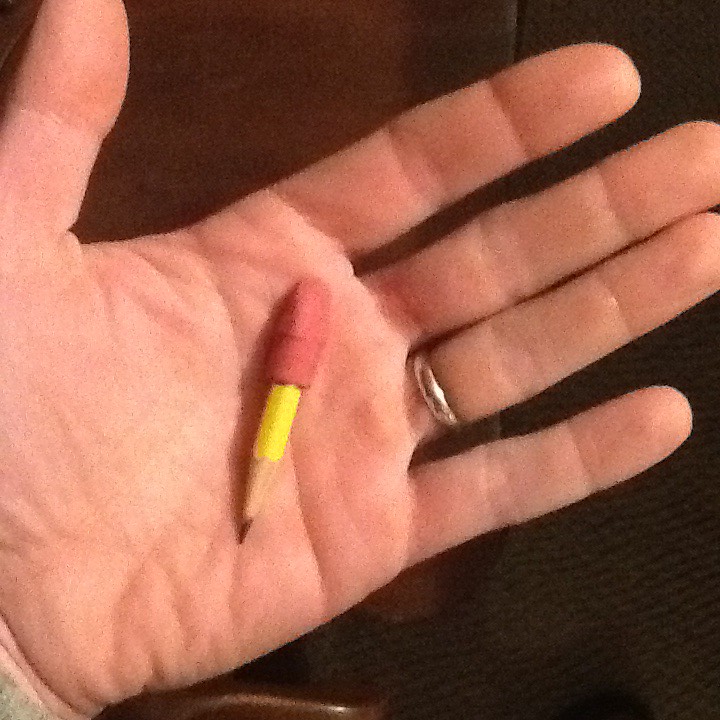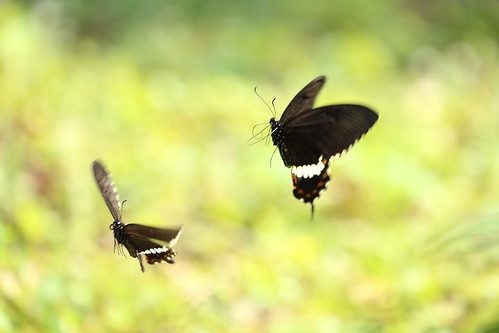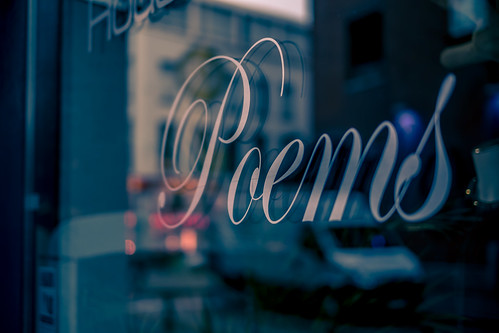
Poems flickr photo by Pascal Maramis shared under a Creative Commons (BY) license
The other day, Greg and Sarah began an inquiry into the question of “how to rhyme an image” based off a tweet that Sarah posted after she watched a short presentation from Greg, and her query became the heart of the third edition of Local Glocals, an informal podcast some of us are doing around poetry of the local.
I could not participate in the live event, so I sent some audio responses to guided questions (as did Sheri, and maybe others, like Wendy and Terry, in the CLMOOC poetry community. I’m not sure who answered the call for responses). This is the basic text of my responses of thinking where image meets text and where image inspires text, and maybe vice versa on both of those ideas. (Greg is going to weave everything together into an audio show).
How do you rhyme an image?
What I like about this question is how it moves us beyond the pure visual aesthetics of photography or art. We have to see the image as a text first before we can think about what a rhyme is or what a rhyme may even be, from one picture to another. Perhaps we need to consider complementary colors, the way the color wheel tones of one image might connect to the tone of another image, and how our eyes process light off the world to make color hues our brain understands. Maybe one color tone of one image spills into the other image, and that is what we can call rhyme, the brain finding comfort in the connection. Think of interior decorating, and the way that a designer is intentionally thoughtful of what colors work, where, and what colors, don’t and why. Or maybe it’s the view perspective of the images that is the source of rhyme, or harmony — how one photographer’s viewpoint is in sync with another photographer’s viewpoint, the actual perspective of what the looker sees in the image itself. I’m also curious about the opposite of all this — how do images NOT rhyme? Is there a sudden jolt, a recognition of something off, a sense that this does not go with that, for god’s sake and why did you even try? Does the non-rhyming of an image make us, instead, look closer at the curation of the images — what underlying thinking brought these disparate things together? And is either of these two ideas — complement and dissonance of the visual — poetry?
* What are your other artistic endeavors? What connection to poetry do you see?
I play at being a songwriter, so poetry is the heart of that creative expression on many levels. One thing I find, with songwriting, is that couplets drive so much of the work because of the rhyme that goes in the flow with the music, and there are many times when a song won’t work because the couplet is either too rote, too simple, or I can’t find a rhyme at all. I do try to mess with the rules when I can — false rhymes, uneven lines, and all that. I find it both helpful and unhelpful to read a lot of rhyming poetry, though, for in songwriting, those rhymes and rhythms are apt to spill into my own writing, sometimes without me even realizing it until later. I’m fine with stealing and remixing phrases from others for songs, to twist the interesting ideas into something different, but when I catch myself with an exact phrase from some poem in my lyrics, I have to stop and shake my head, and start erasing or scratching out to start again.
* Do you, and if so how, do you use images in writing poetry?
I love using images as a source of poetry, and do it often. In years past, I spent every April with Bud Hunt’s blog, where he was posting odd images every morning to inspire poetry. I’ve gathered up a bunch of websites that generate random images from Creative Commons (thanks to folks like Alan Levine and John Johnston) for inspiring verse. Lately, I’ve been engaged with Margaret Simon and her “This Picture Needs a Poem” feature at her blog and I’m always watching Kim Douillard for her work with the lens of her camera to spark poetry in her students, and herself, and in others. The thing I find fascinating about images as inspiration for poetry is that the writer edges into the image from the side, looking for something maybe even the photographer didn’t notice. You want to pay attention to what no one else has seen – maybe it’s something inferred, like the story before the image was taken. Maybe it’s what comes next in the scene. Maybe it’s right there, in front of you, but you only see it by taking your time and being open to it. From this, poetry flows, and it’s an interesting kind of poetry, too, because a reader later may not have the visual context for full understanding of the poem, and that’s OK, too, I think. Poetry should give us pause, to wonder.
* Why did you choose the poets you are sharing?
This is strange, but I am sharing an interesting poetry bot, created by Zach Whalen, called Auto Imagist, that is designed to take the image texts from random photographs, and combine that gathered text into poems, in the style of William Carlos Williams. The results are fascinating for the stylistic approach (Williams, of course, wrote wonderful short poems where the visual cues play a key role in the reader’s ability to connect) but also for the technique that remixes the text of images into poetry. What you see in the bot-generated poems are little scenes, small glimpses of the world, little corners of dust and stories. I suspect echoes of the original photographs, as described in the image text, remain, but are obscured by the remix. I don’t know how Whalen created the bot — the raw code is at Github — and I’d be curious to learn more about the programming approach, and how the bot actually works its poetic magic, and of course, this all raises the question: can a bot be a poet if it remixes the words of humans?
Peace (from the East),
Kevin
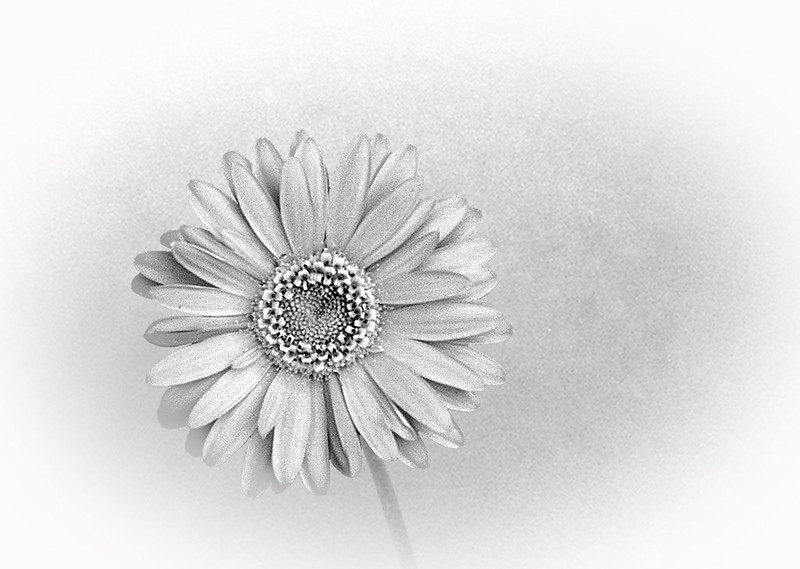
 One of my morning podcasts that I always listen to is
One of my morning podcasts that I always listen to is 